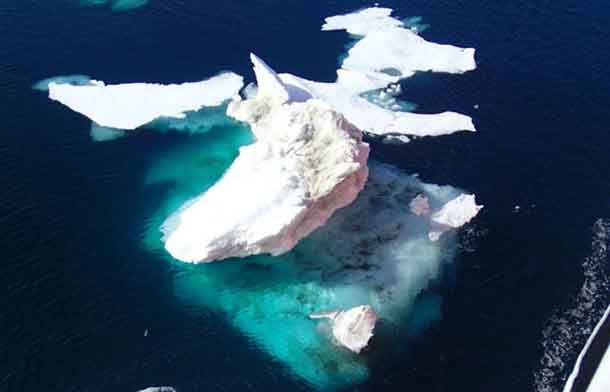
NEW YORK – The world’s oceans are in the hands of today’s human population. The decisions we make today will impact our future on this small planet.
Presented by filmmaker and National Geographic Explorer-in-Residence James Cameron and the Avatar Alliance Foundation, “What Would the Ocean Say?” debuted at the United Nations in the Hall of the General Assembly to mark the occasion of World Oceans Day on June 8th as part of the programming for the first-ever United Nations Ocean Conference, which came to a close yesterday. Distributed online by National Geographic, the short film is narrated by Avatar and Guardians of the Galaxy actress Zoe Saldana and features stunning ocean imagery generously donated by some of the world’s preeminent marine documentarians.
The world’s oceans are in far too many cases the garbage dump for the planet. 19 billion pounds of plastic are ending up in our oceans. That garbage is impacting fish, and whales and humans.
The short film outlines the significant challenges the world’s oceans face: global warming, plastic pollution, overfishing, ocean acidification and more. But it also introduces a new generation of ocean activists—researchers, conservationists, teachers, filmmakers—working on the front lines to protect and preserve the planet’s critical resource.
Following the film’s debut at the UN, a second segment aired that featured eight young leaders focused on ocean science, education and conservation and associated with National Geographic, The Explorers Club, OpenROV — OpenExplorer and The Resolution Project. Consistent with the themes of the UN Ocean Conference, which was aimed at achieving Sustainable Goal 14, the “Ocean Goal,” this next generation of ocean champions underscored the need to take action on oceans through a collective statement: “If not me, then who? If not now, then when? It starts here. It starts now.”
The film is executive produced by James Cameron and Maria Wilhelm and was made possible by collaboration from contributors: Oceans, a Jacques Perrin and Galatée Films production; Planet Ocean, a Yann Arthus-Bertrand and Michael Pitiot film; March of the Penguins by Bonne Pioche Productions and Luc Jacquet; MacGillivray Freeman Films; Alucia Productions; National Geographic; Howard Hall Productions; Dave Hannan; the Plastic Oceans Foundation; Years of Living Dangerously; TBA21-Academy.





